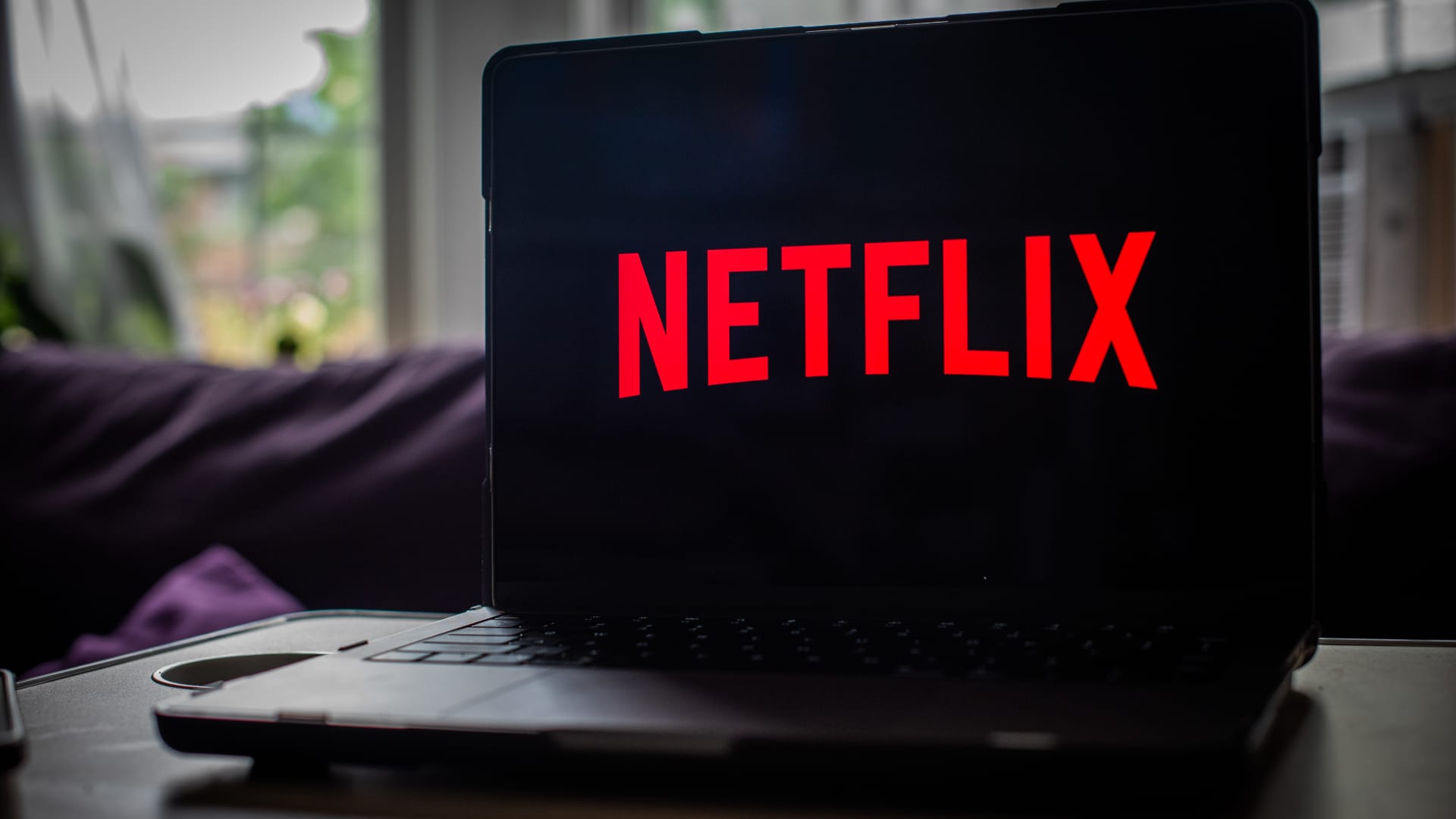The best way to get investors to stop focusing on something is to stop telling them at all.
Netflix said Thursday it will no longer report quarterly membership numbers and average revenue per membership starting in the first quarter of 2025.
This is a significant change for the company and for the so-called “streaming wars,” which have largely been defined by a race for customers. Netflix wants investors to judge the company by the same metrics executives view as “our best proxy for customer satisfaction,” the company said in its quarterly shareholder letter.
Namely: revenue, operating margin, free cash flow â and the amount of time spent on Netflix.
It’s also a signal Netflix’s second wave of subscriber growth may be ending. The company announced it added 9.3 million subscribers in its first quarter as its global password-sharing crackdown and introduction of a less expensive advertising tier took hold. (The ad tier costs $6.99 per month in the U.S. as opposed to its $15.49 standard plan).
Subscriber growth in the second quarter will be lower than in the first quarter due to “seasonality,” the company said in the letter. That may be the start of a longer period of slowing subscriber additions, as most freeloading password sharers are now paying customers.
ARM, which Netflix defines as “streaming revenue divided by the average number of streaming paid memberships divided by the number of months in the period,” rose just 1% year over year in the quarter.
Netflix shares fell 4% in after-hours trading, in part because of a weaker full-year revenue growth outlook than some analysts estimated. Netflix forecast revenue growth of 16% in the second quarter but just 13% to 15% for the full year.
Investors typically don’t like less transparency. It’s particularly notable Netflix is cutting back on granular membership information, which the company used to pride itself on â including offering regional breakdowns that were more specific than all of its competitors. Apple and Amazon have never offered quarterly subscriber information for its streaming services.
Still, forcing Wall Street to focus on revenue and profit, rather than user growth, is also evidence of Netflix’s maturity as a company. For more than a decade, the streamer has been viewed as a disruptor to legacy media.
Now, about five years into “the streaming wars,” Netflix is the dominant incumbent.
“In our early days, when we had little revenue or profit, membership growth was a strong indicator of our future potential,” Netflix said in its shareholder letter. “But now we’re generating very substantial profit and free cash flow (FCF). We are also developing new revenue streams like advertising and our extra member feature, so memberships are just one component of our growth.”
“In addition, as we’ve evolved our pricing and plans from a single to multiple tiers with different price points depending on the country, each incremental paid membership has a very different business impact,” the company added.
Netflix has the luxury of focusing on profit, revenue and free cash flow because the company’s finances are far healthier than most legacy media companies. For example, year-over-year revenue climbed 15%.
Operating income grew by 54%, and operating margin rose by 7 percentage points to 28%. These gains far outpace companies such as Warner Bros. Discovery, Disney, Paramount Global and Comcast‘s NBCUniversal, which have money-losing (or barely profitable) streaming services and declining traditional TV businesses.
That calls into question whether other media companies will follow Netflix’s lead and stop reporting subscriber numbers for their streaming services. Many of the legacy media companies haven’t started their password-sharing crackdowns like Netflix. That may mean they have more growth to come, which investors would likely want to see.
“We’ve evolved and we’re going to continue to evolve,” said Netflix co-CEO Greg Peters during the company’s earnings call. “It means that the historical math we used to do is increasingly less accurate” in assessing the state of the business, he added.
Disclosure: Comcast NBCUniversal is the parent company of CNBC.








